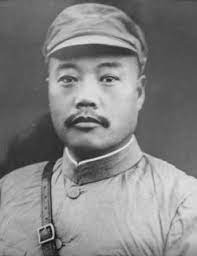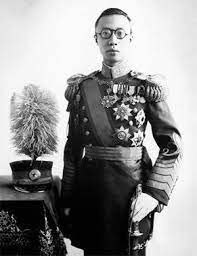T'an Yen-k'ai (1879-22 September 1930), Hanlin scholar and president of the Hunan provincial assembly who served several times as governor of Hunan in the 1912-20 period. Beginning in 1924 he held high government and Kuomintang posts at Canton, and he directed National Government affairs during the first stage of the Northern Expedition. From October 1928 […]












